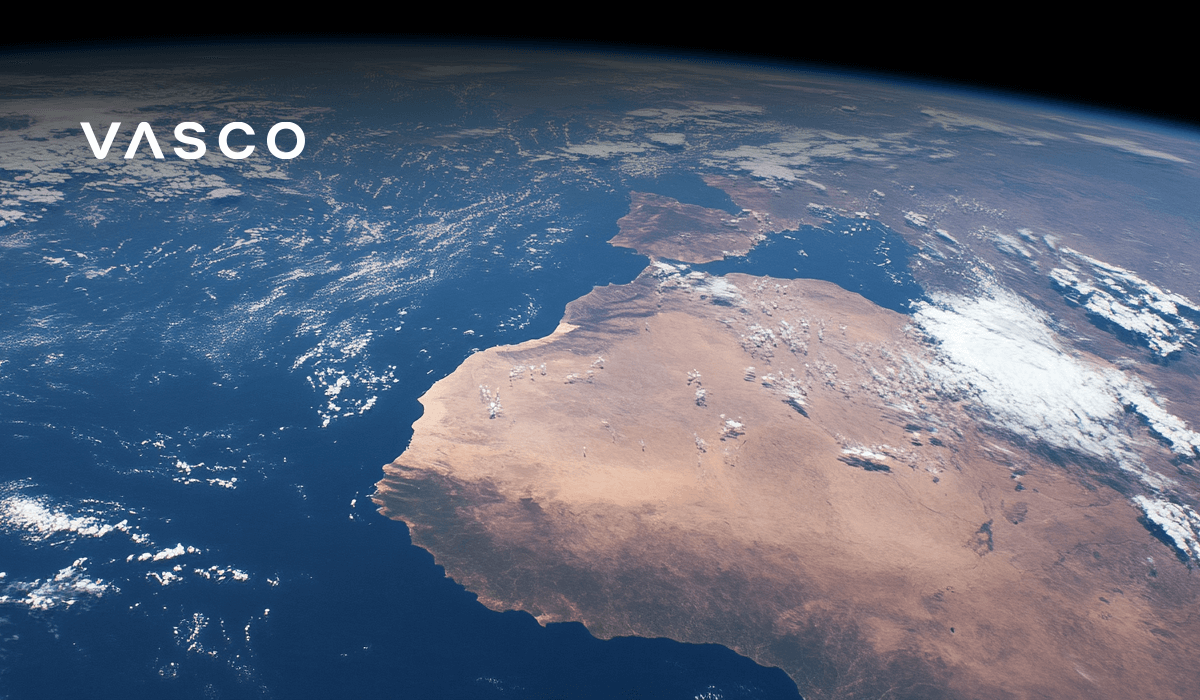Africa, the world’s second-largest continent, is a land of extraordinary diversity. From the sun-baked Sahara in the north to the lush rainforests of the Congo Basin and the windswept Cape of Good Hope in the south, Africa’s geographical variety is matched only by its cultural and linguistic richness.
Table of Contents:
This vast continent, home to over 1.2 billion people, is a true linguistic mosaic, boasting an astonishing array of languages that reflect millennia of human history, migration, and cultural exchange.
When we talk about languages in Africa, we’re not just discussing a handful of tongues spoken by large populations. Instead, we’re exploring a complex tapestry woven from thousands of distinct languages, each with its own unique sounds, structures, and cultural significance.
From the click consonants of the Khoisan languages in southern Africa to the tonal intricacies of West African languages like Yoruba, the linguistic diversity of Africa is unparalleled.
In this blog post, we’ll embark on a journey through the fascinating world of African languages. We’ll explore how many languages are spoken in Africa, delve into the major language families, and highlight some of the most widely spoken tongues. However, do not expect the complete list of African languages here.
So, how many different languages are spoken in Africa? Let’s see!
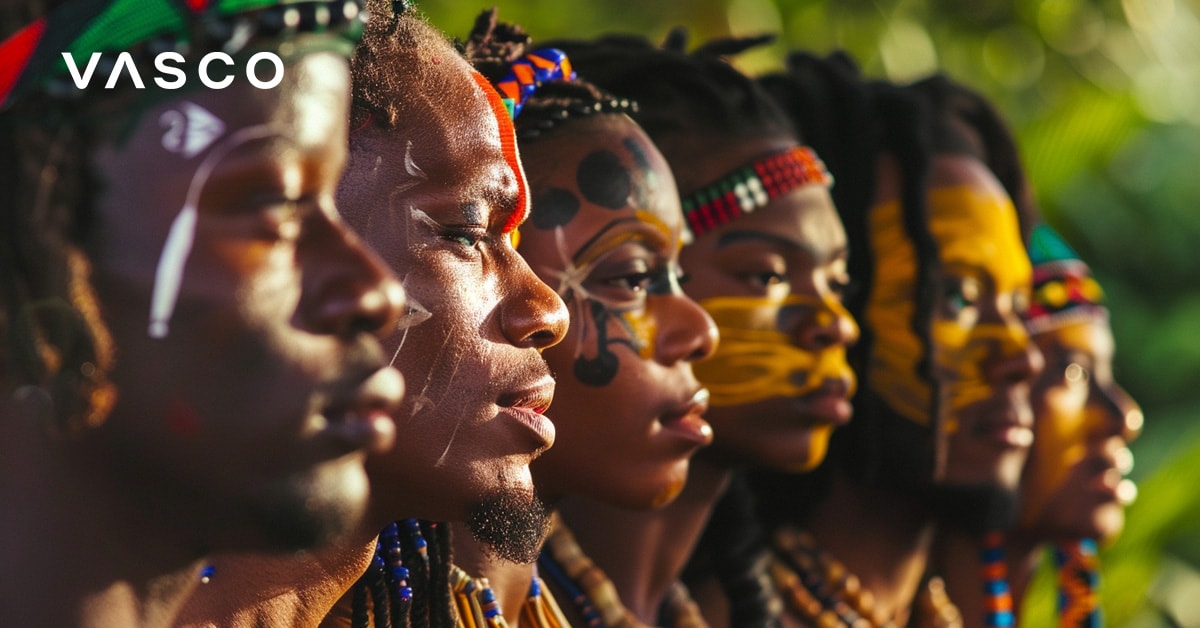
FAQ:
How many languages exist in Africa?
What are the top 10 most spoken languages in Africa?
What is the oldest language in Africa?
What language do Nigerians speak?
What is the main language spoken in Africa?
What are the five major language families in Africa?
What is the most useful African language?
What is the simplest African language?
How Many Languages are Spoken in Africa?
The exact number of languages spoken in Africa is difficult to pin down, but most linguists agree on the following:
- There are between 1,000 to 2,000 distinct languages spoken in Africa
- This represents about one-third of the world’s languages
- The number of speakers for each language varies widely, from millions to just a few thousand
Major Language Families in Africa
Let’s explore each of the four major language families in Africa in more detail:
1. Niger-Congo
The largest language family in Africa.
- Includes around 1,500 languages
- Spoken by about 600 million people across Western, Central, Eastern, and Southern Africa
- Notable languages: Yoruba, Igbo, Zulu, Shona
Key features:
- Many Niger-Congo languages use tone to distinguish meaning
- Complex noun class systems are common
2. Afroasiatic
- Spoken by about 250 million people
- Includes languages spoken in North Africa, the Horn of Africa, and parts of the Sahel.
- Notable languages: Arabic, Amharic, Hausa, Oromo, Berber languages
Key features:
- Includes both Semitic and non-Semitic languages
- Many languages in this family use a root-and-pattern system for word formation
3. Nilo-Saharan
- A diverse family of about 200 languages
- Spoken by approximately 50 million people
- Stretches from Algeria to Tanzania
- Notable languages: Luo, Maasai, Kanuri, Songhai
Key features:
- Many languages in this family have complex tonal systems
- Some languages use unique consonant systems, like the “implosive” consonants in Ik
4. Khoisan
The smallest of the four major African language families
- Spoken primarily in Southern Africa
- Two languages can be found in the Eastern Africa
- Notable languages: Khoe–Kwadi, Kxʼa, Tuu
Key features:
- Known for their use of click consonants
- Many Khoisan languages are endangered, with some having very few speakers left
Understanding these language families helps us appreciate the incredible linguistic diversity of Africa.
Each family has its own unique features and history, contributing to the rich tapestry of languages in Africa.
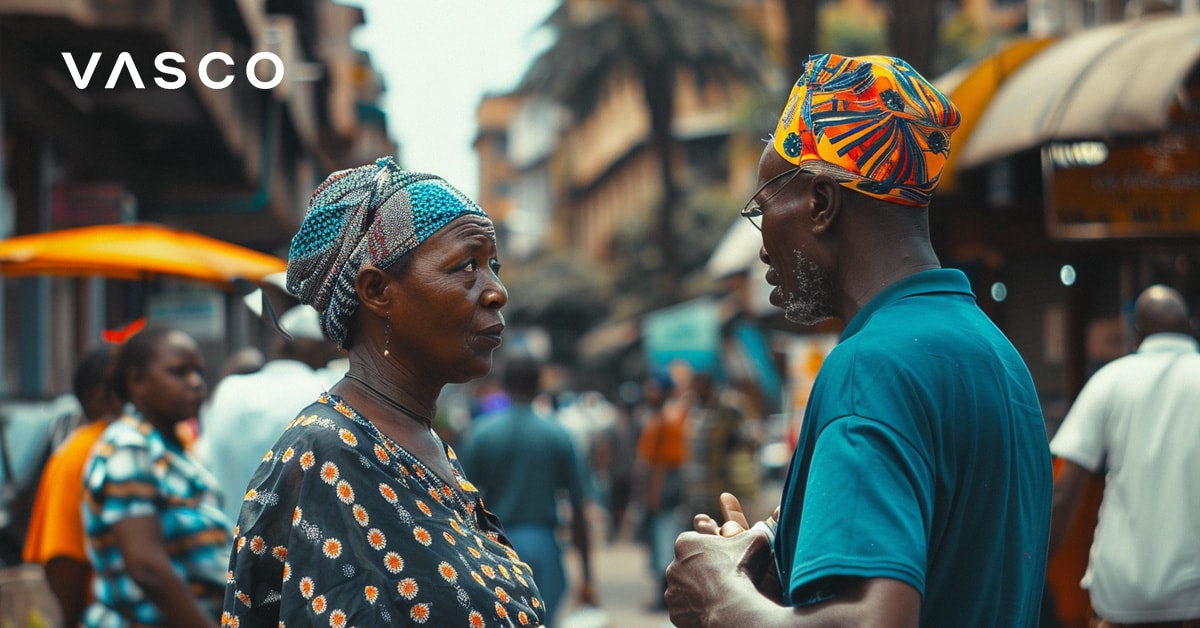
Most Spoken African Languages
While Africa is home to thousands of languages, some have significantly more speakers than others. Let’s take a closer look at some of the most widely spoken languages in Africa:
Swahili (Kiswahili)
This is one of the most widely spoken African languages, with over 100 million speakers. It’s an official language in Tanzania, Kenya, and Uganda, and serves as a lingua franca in much of East Africa.
Swahili is a Bantu language with significant Arabic influence due to centuries of trade along the East African coast.
Arabic
This is one of the most common languages in Africa. While originating in the Middle East, it is widely spoken across North Africa.
It’s an official language in countries like Egypt, Algeria, and Morocco. Arabic has had a profound influence on many African languages, particularly in regions where Islam is prevalent.
Hausa
With about 50 million speakers, this is one of the most popular African languages. It’s particularly dominant in northern Nigeria and Niger.
Hausa also serves as a trade language across much of West Africa.
Yoruba
It is spoken by approximately 40 million people, primarily in southwestern Nigeria and parts of Benin and Togo.
It’s known for its complex tonal system and has a significant diaspora speaker population in the Americas due to the transatlantic slave trade.
Oromo
It is the most widely spoken language in Ethiopia, with about 30 million speakers.
It belongs to the Cushitic branch of the Afroasiatic family and has several distinct dialects.
Amharic
It is the official language of Ethiopia and is spoken by over 25 million people.
It’s a Southern Semitic language with a unique script and a long literary tradition, having been the language of the Ethiopian imperial court for centuries.
These most spoken African languages represent just a fraction of Africa’s linguistic diversity, but they play crucial roles in communication, commerce, and culture across large parts of the continent.
Many serve as lingua francas, facilitating communication between different ethnic groups and across national borders.
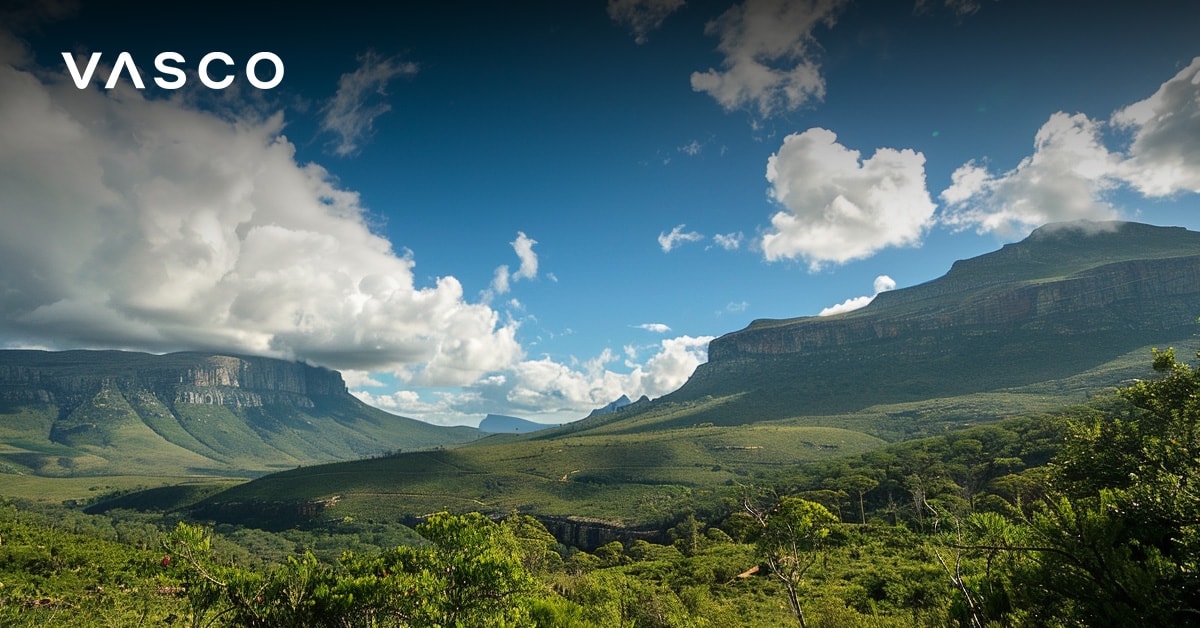
What Languages are Spoken in South Africa?
South Africa, often referred to as the “Rainbow Nation,” is renowned for its linguistic diversity. The country officially recognizes 11 languages, reflecting its commitment to honoring its multicultural heritage.
Zulu
It is the most widely spoken language in South Africa, with about 13 million native speakers. It’s particularly prevalent in the province of KwaZulu-Natal and is known for its complex click consonants and tonal system.
Xhosa
Closely related to Zulu, it is the second most common language. It’s the mother tongue of about 10 million South Africans and is famously associated with leaders like Nelson Mandela and Desmond Tutu.
Afrikaans
A daughter language of Dutch, it is spoken by over 6 million South Africans as a first language. It developed during the colonial era and has both European and African influences.
English
While only the sixth most spoken home language, it serves as a lingua franca in South Africa.
It’s widely used in government, business, and media, making it an important language for many South Africans to learn as a second language.
Northern Sotho
Also known as Sepedi, it is spoken primarily in the northern parts of South Africa. It’s one of three Sotho languages recognized in the country, alongside Southern Sotho (Sesotho) and Western Sotho (Tswana).
Tswana
It is widely spoken in North West Province and parts of neighboring Botswana. It’s known for its rich oral tradition and literature.
Tsonga, Swati, Venda, and Ndebele
These are less widely spoken but equally important in South Africa’s linguistic landscape. Each represents distinct cultural groups and adds to the country’s diverse tapestry of languages.
This linguistic diversity poses both challenges and opportunities for South Africa. While it can complicate communication and education, it also enriches the country’s cultural heritage and promotes inclusivity.
The government’s recognition of these 11 official languages stands as a testament to South Africa’s commitment to linguistic and cultural diversity.
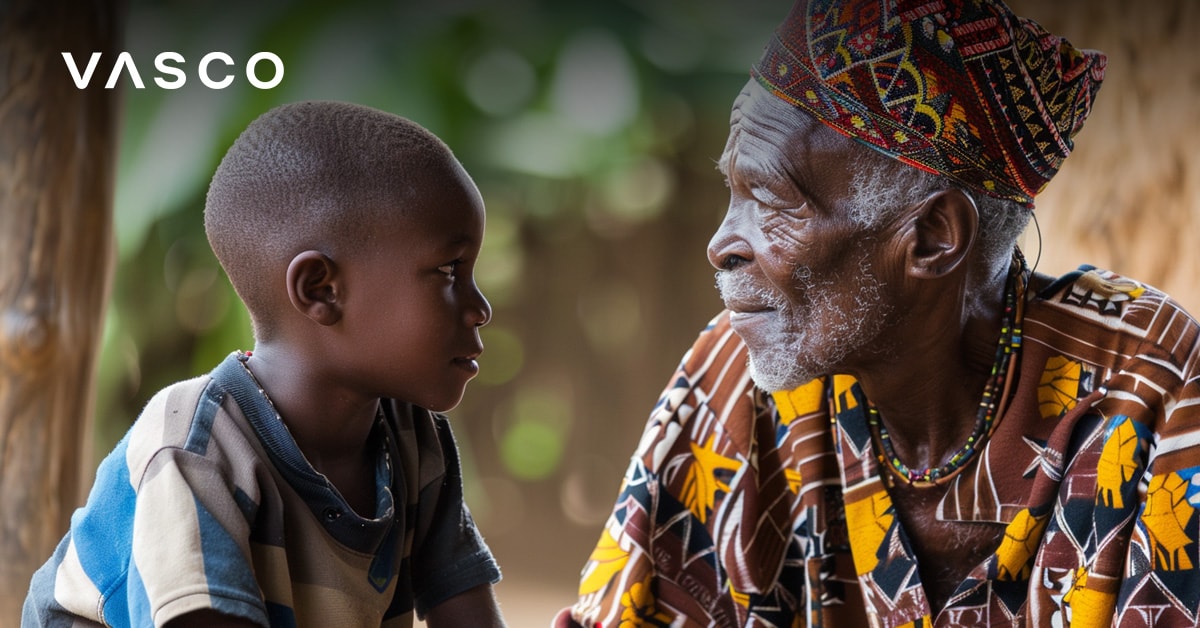
Endangered Languages in Africa: A Vital Heritage at Risk
As we already know, Africa is home to an incredibly diverse linguistic landscape, with hundreds of languages facing the threat of extinction.
Endangered Languages in Africa
UNESCO estimates that about 300 African languages are at risk of extinction.
Factors contributing to language endangerment:
- Globalization and urbanization
- Dominance of colonial languages in education and media
- Political pressures and conflicts
Examples of critically endangered languages:
- Akie language (Tanzania)
- Boor language (Chad)
- Dulbu language (Nigeria)
The linguistic diversity of Africa is a cultural treasure, but many languages are at risk. Preservation efforts are crucial to maintain this rich heritage for future generations.
Preserving African Languages
Now that we know what languages are spoken in Africa, let’s talk a little bit about their preservation.
The preservation of African languages is a critical issue facing the continent today.
With globalization, urbanization, and the increasing dominance of colonial languages in education and media, many African languages are at risk of decline or even extinction. This situation poses significant challenges but has also spurred important preservation efforts.
The Importance of Language Preservation
African languages are more than just means of communication; they are repositories of cultural knowledge, history, and worldviews.
Each language represents a unique way of understanding and interacting with the world. When a language disappears, it takes with it irreplaceable cultural heritage and indigenous knowledge, including traditional medical practices, agricultural techniques, and environmental wisdom that has been passed down through generations.
Challenges Facing African Languages
Several factors contribute to the endangerment of African languages:
- Education policies: Many African countries prioritize instruction in colonial languages like English, French, or Portuguese, often at the expense of local languages.
- Urbanization: As people move to cities, they often adopt more widely spoken languages for economic and social reasons.
- Media influence: The dominance of major languages in television, radio, and online content can marginalize smaller languages.
- Generational gap: Younger generations may prefer to learn international languages perceived as more economically beneficial.
- Lack of documentation: Many African languages lack comprehensive dictionaries, grammars, or written literature.
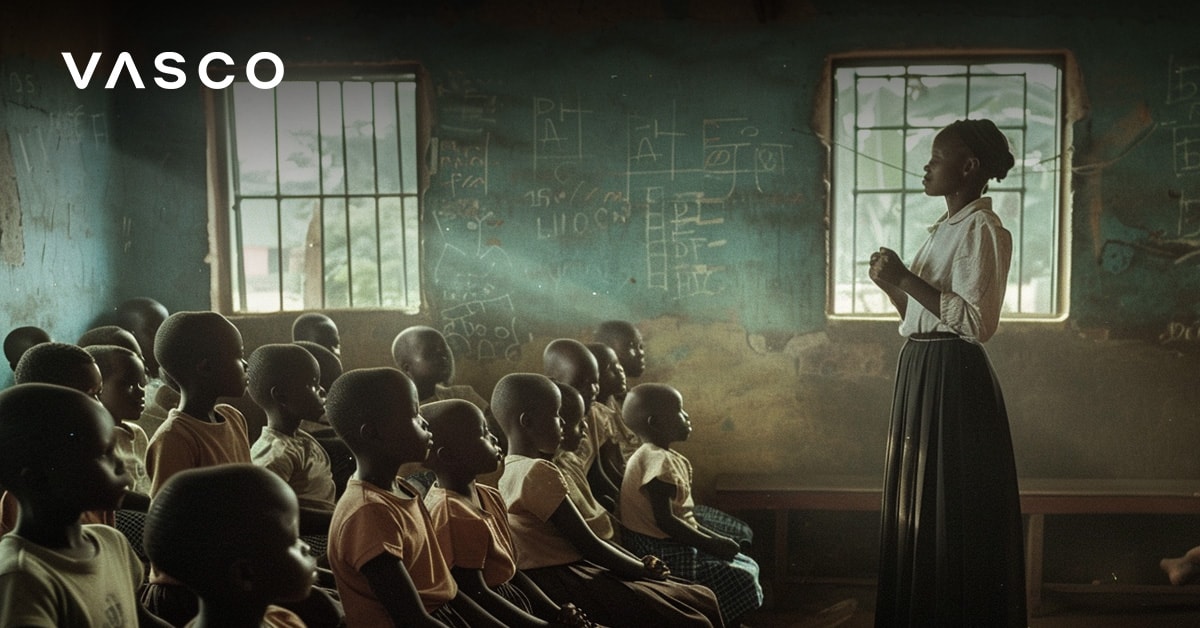
Preservation Initiatives
Despite these challenges, numerous efforts are underway to preserve and revitalize African languages:
Language documentation projects
Linguists and local communities are working together to record and describe endangered languages, creating dictionaries, grammars, and text collections.
Mother tongue education
Some countries are implementing policies to use local languages in early education, recognizing that children learn best in their native language.
Technology and digital resources
The development of keyboard layouts, fonts, and spell-checkers for African languages is making it easier to use these languages in digital contexts.
Media in local languages
Community radio stations, local language newspapers, and online content creators are producing material in African languages, increasing their visibility and prestige.
Language revitalization programs
Some communities are running immersion programs and language camps to encourage language use among younger generations.
Academic research
Universities across Africa and globally are conducting research on African languages, contributing to their documentation and analysis.
The Way Forward
Preserving African languages requires a multifaceted approach involving governments, educators, communities, and technology developers.
It’s not just about preventing languages from disappearing, but about creating environments where these languages can thrive and evolve in the modern world.
By valuing and investing in linguistic diversity, Africa can maintain its rich cultural heritage while also benefiting from the cognitive, educational, and social advantages that multilingualism brings.
The preservation of African languages is thus not just a cultural imperative, but a pathway to a more inclusive and innovative future for the continent.
Bonus: Ancient African Languages
Some of the oldest languages in the world originated in Africa.
- Ancient Egyptian, dating back to 3200 BCE, is one of the earliest written languages in Africa and in the entire world
- The Ge’ez script, used in Ethiopia and Eritrea, has roots dating to the 5th century BCE
- Meriotic, the language of the Kingdom of Kush (modern-day Sudan), written from c. 200 BCE to 400 CE and still not fully deciphered
- Proto-Berber, the ancestor of modern Berber languages. It originated at least 4000 years ago and Tifinagh script has ancient origins, still used today
What Languages are Spoken in Africa: Conclusion
In this article, we’ve learned how many different languages are spoken in Africa.
The languages of Africa represent a vital part of the continent’s cultural heritage. From widely spoken languages like Swahili to lesser-known tongues, each contributes to the rich linguistic tapestry of the continent.
As we continue to study and appreciate African languages, we gain a deeper understanding of the diverse cultures and histories they represent.
A Smart Translator Device To Break Language Barriers
If you’re still learning some of the African languages, you can use Vasco speech translator in the meantime.
It has a number of useful features, such as voice translator, image-text translator and text translator. With Vasco Translator, you can understand anyone around the world, without any hassle.
Nuthsell:
Africa is a continent rich in linguistic diversity, with between 1,000 to 2,000 distinct languages spoken across its vast regions. These languages belong to four major families: Niger-Congo, Afroasiatic, Nilo-Saharan, and Khoisan, each with unique characteristics, such as tonal systems, complex noun classes, and click consonants. Widely spoken languages like Swahili, Arabic, Hausa, and Zulu play significant roles in communication, commerce, and culture across the continent. However, many African languages are endangered due to factors like globalization, urbanization, and the dominance of colonial languages. Preservation efforts, including language documentation, mother tongue education, and the development of digital resources, are vital for safeguarding Africa’s linguistic heritage and cultural legacy for future generations.
